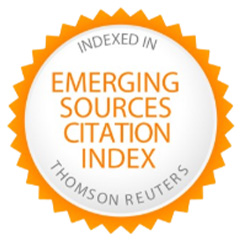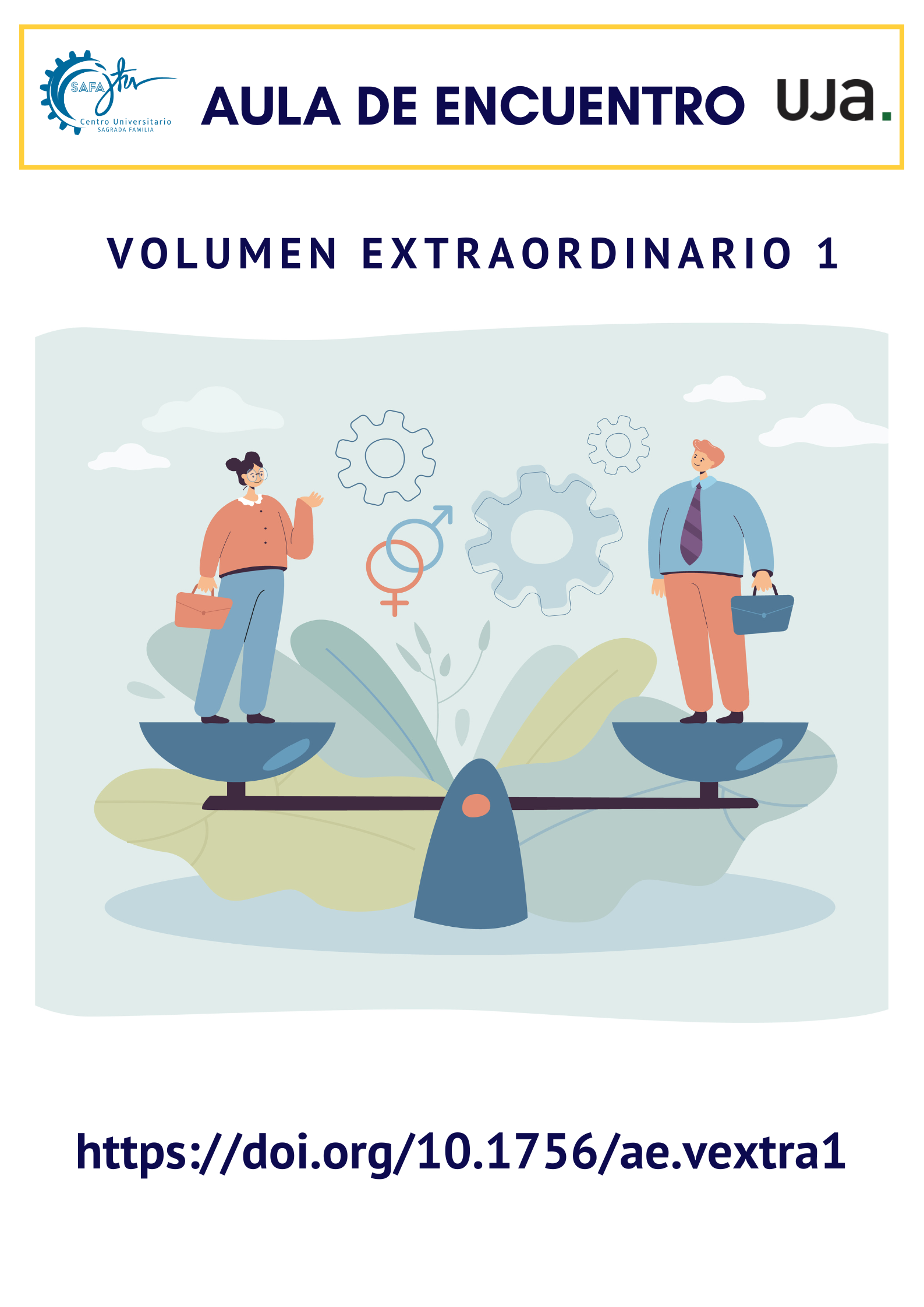Credits



This volume serves as a tribute to the 25-year career of Aula de Encuentro, since its creation in 1997, the magazine continues to pursue the same goals for which it was created: promoting research and innovation, communication and exchange of ideas, and critical reflection in the field of education.
The chosen theme, "Cultural democracy and social justice," is of decisive importance. The extraordinary volume highlights the exclusionary mechanisms towards marginalized students and the formative possibilities based on equal opportunities to achieve the democratization of education. For decades, Apple (1979, 1996) demonstrated that the educational institution contributes to the student population's gradual assimilation of the principles and norms that govern the current social order. Pérez Gómez (1992, 1995) argues that this way, the school's continuous work, subtly, quietly, and even sinuously, slowly undermines the possibilities of the most disadvantaged and contributes to the acceptance of a discriminatory and unequal society. From the feigned equal opportunity, the educational institution implements exclusionary mechanisms that are an instrument of legitimizing inequalities and social hierarchies, resulting in the characteristic discrepancies of the current social model, which is not only undemocratic but also undesirable from a human development perspective for the most vulnerable collectives.
The format of this volume was born with the invitation to Dr. Antonia Darder, a professor at Loyola Marymount University and collaborator of Paulo Freire, to write an essay in the form of a target article that would serve as a reference to be commented on by different authors on the theme of "Cultural democracy and social justice in the classroom." A group of renowned researchers present their work from the perspective of critical pedagogy, providing an analysis of the inequalities and discrimination experienced by fragile collectives in the school institution. Darder highlights that educational actions towards students from undervalued linguistic minorities are characterized by a shortage of educational resources and invisibility of their linguistic varieties, which ultimately enhances academic inequalities. Subaltern students constantly bear certain cultural inequalities, and what is actually forged is the production of differences and divergences, reproducing the distribution of cultural capital based on the position structure of the social system. The text "Reflections on cultural democracy and schooling" by the critical intellectual and activist analyzes the dominant hegemonic schooling and demands the creation of educational opportunities based on social justice. The different authors present contributions on the response that should be given as an institution and the possibilities for making education accessible based on equal opportunities.
The empowerment process of teachers and students allows them to move forward together in a challenge of solidarity through cultural differences, forging a living praxis of cultural democracy that opens them up to freely commit to the powerful knowledge hidden in our human complexities. Embodied in this emancipatory spirit of hope, there is also faith in humans' capacity to transform dominant and dehumanizing conditions that separate, divide, and alienate us. Grounded in a collective vision of liberation, the practice of culturally democratic principles reveals creative ways to expand opportunities for subaltern students to become authentic human beings.
Meanwhile, Baugh (Washington University; St. Louis, USA) calls for the analysis of US education policies based on unequal access to educational opportunities and proposes political decisions based on the logic of equality and social justice.
Zane Diamond (Monash University, Australia) contributes his experience and addresses cultural differences and social justice by focusing on teacher education from a liberating perspective.
From Westcliff University, California, Hernandez praises Darder's discourse and, above all, her model of exemplary life on cultural democracy as a practice of freedom and justice in educational institutions from a revolutionary perspective.
Lopez (University of California) emphatically highlights the circumstances that have arisen due to the pandemic, once again highlighting the weakness of our neoliberal society that preys on the most vulnerable. As a teacher educator, the author integrates pedagogy based on democratic cultural practices proposed by Darder to help future teachers analyze the subtle mechanisms of the dominant ideology that invisibly legitimizes unjust and unequal power structures.
The stories provided by Mayo (University of Malta) highlight the failure of imperialist ideology and the search for democratic solutions based on social justice and critical education to combat rampant colonization in the most impoverished communities.
Maria Alfredo Moreira from Universidade do Minho, as a language teacher trainer, presents narratives from teachers to build practical knowledge that demonstrates decisions in educational action based on egalitarian and democratic models to include marginalized students in Portuguese public schools. It is a stance that requires an ethical and political commitment and a complicated democratic effort.
Mosusumi Mukherjee (Jindal Global University, India) highlights the evolution that India has undergone and is undergoing in the construction of the modern Indian state after British colonization. The challenge of decolonizing education involves integrating specific pedagogical models from different intellectuals.
We close the issue with Paraskeva's (University of Strathclyde, Scotland) excellent dissertation that claims Darder's legacy on cultural democracy in schooling and pedagogy from a return to the source.
In conclusion, this volume provides us with the opportunity to measure the cultural democracy of our educational and university institutions. Antonia Darder analyzes dominant hegemonic schooling and demands the creation of educational opportunities based on social justice through a curriculum that integrates all groups, especially the most vulnerable. The cast of renowned guest researchers analyze, reflect and present proposals and alternatives in favor of democratic education.
 |
Campus Las Lagunillas, s/n. Biblioteca, 2ª Planta. 23071 Jaén editorial@ujaen.es +34 953 21 23 55 |
